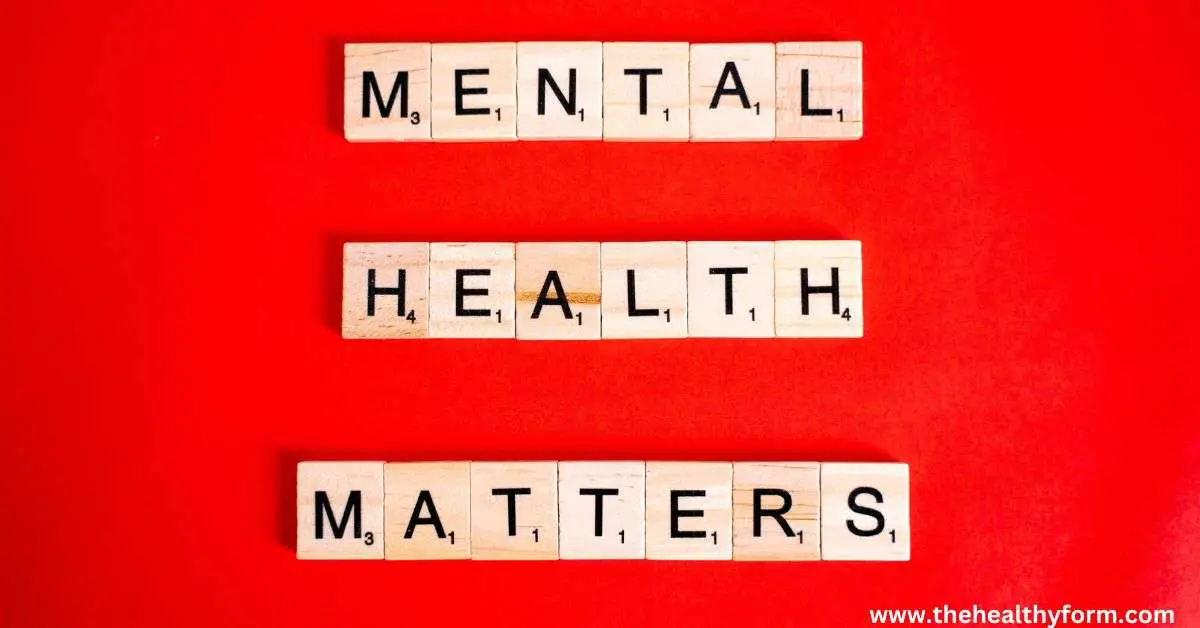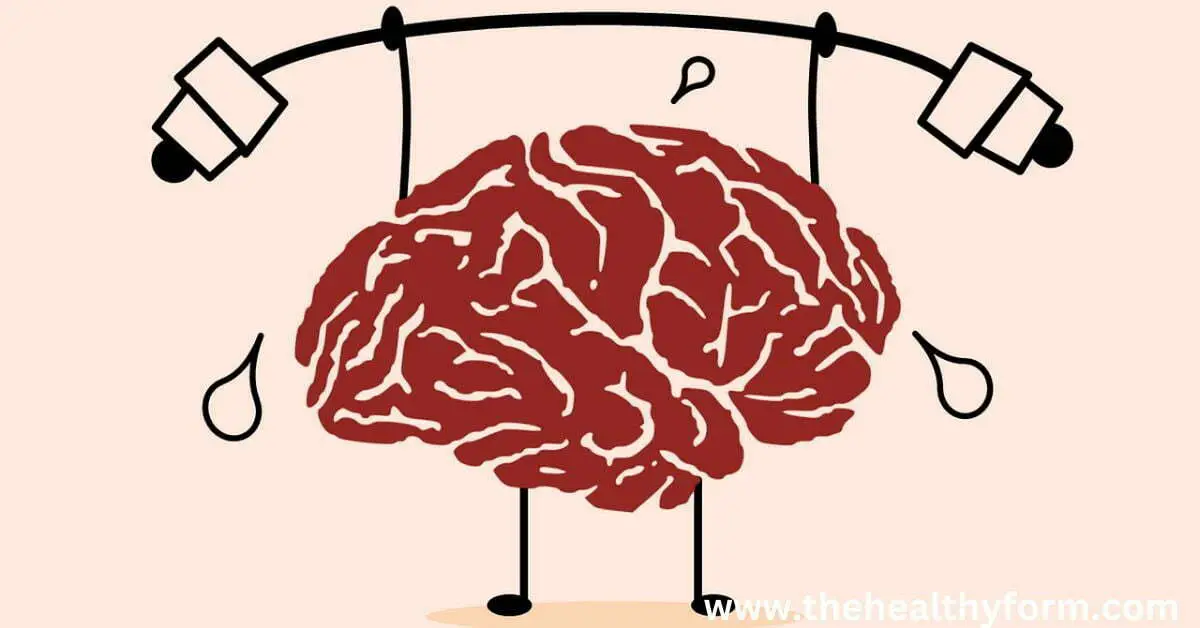Coping with Anxiety and Stress: A Comprehensive Guide
Find support and resources for coping with anxiety and stress at our website. Learn about the causes of anxiety and stress and effective strategies for managing and reducing these common feelings. Take the first step towards better mental health by visiting our website today. Coping with Anxiety and Stress is a normal part of life, but when they become excessive or chronic, they can interfere with daily functioning and overall well-being. It’s important to understand anxiety and stress and how to cope healthily.

What are Anxiety and Stress?
Anxiety is a normal stress response but can become a problem if it’s excessive, chronic, or interferes with daily life. Anxiety symptoms include racing thoughts, difficulty concentrating, irritability, sleep problems, and difficulty controlling worries. Several anxiety disorders include generalized anxiety disorder, social anxiety disorder, and specific phobias. Stress is the body’s response to demands or threats. It can be physical, mental, or emotional and comes from internal or external sources. Stress can affect how we think, feel, and behave and can have physical consequences such as headaches, fatigue, and difficulty sleeping.
What are the signs of anxiety and stress?
The signs of anxiety and stress can vary, but some common symptoms include the following:
- Racing thoughts
- Difficulty concentrating
- Irritability
- Sleep problems
- Difficulty controlling worries
- Fatigue
- Headaches
- Difficulty sleeping
- Change in appetite
- Physical symptoms such as muscle tension or dizziness
What are the different types of anxiety disorders?
There are several different types of anxiety disorders, including:
- Generalized anxiety disorder (GAD): Excessive and persistent worry about everyday events and activities.
- Social anxiety disorder: Excessive fear of social situations and being judged by others.
- Specific phobias: Extreme fear of specific things or situations, such as heights or flying.
What are some natural remedies for anxiety?
Several natural remedies may help reduce anxiety, including:
- Exercise: Regular physical activity can help reduce anxiety and improve mood.
- Deep breathing: Focusing on slow, deep breaths can help calm the body and mind.
- Relaxation techniques: Techniques such as meditation, yoga, or progressive muscle relaxation can help reduce anxiety and improve relaxation.
- Herbal remedies: Some herbs, such as chamomile, lavender, and passionflower, may have anxiety-reducing effects.
What are some healthy ways to cope with anxiety and stress?
- Seek support: Talk to a trusted friend or family member, or consider seeking professional help from a mental health professional.
- Practice self-care: Take care of your physical and emotional well-being by getting enough sleep, eating a healthy diet, and engaging in activities you enjoy.
- Try relaxation techniques: Techniques such as deep breathing, meditation, or progressive muscle relaxation can help reduce anxiety and improve relaxation.
- Exercise regularly: Regular physical activity can help reduce anxiety and improve mood.
- Limit alcohol and caffeine: These substances can increase anxiety.

What are some tips for reducing stress?
- Practice good time management: Set priorities and manage your time effectively to reduce stress.
- Exercise regularly: Physical activity can help reduce stress and improve mood.
- Practice relaxation techniques: Techniques such as deep breathing, meditation, or progressive muscle relaxation can help reduce stress and improve relaxation.
- Seek support: Talk to a trusted friend or family member, or consider seeking professional help from a mental health professional.
- Take breaks from work and other stressors to relax and recharge.
What are some stress management techniques?
- Exercise regularly: Physical activity can help reduce stress and improve mood.
- Practice relaxation techniques: Techniques such as deep breathing, meditation, or progressive muscle relaxation can help reduce stress and improve relaxation.
- Seek support: Talk to a trusted friend or family member, or consider seeking professional help from a mental health professional.
- Practice good time management: Set priorities and manage your time effectively to reduce stress.
- Take breaks from work and other stressors to relax and recharge.
- Engage in activities you enjoy: Find ways to relax and have fun, such as hobbies, sports, or spending time with friends and loved ones.
- Eat a healthy diet: A healthy diet can help improve mood and reduce stress.
- Get enough sleep: Adequate sleep is important for overall health and well-being.
- Limit alcohol and caffeine: These substances can increase stress and interfere with sleep.
What are the causes of anxiety and stress?
Anxiety and stress can be caused by a variety of factors, including:
- Life events: Stressful events, such as a death, divorce, or job loss, can cause anxiety and stress.
- Genetics: Anxiety and stress can run in families and may be influenced by genetic factors.
- Environmental factors: Exposure to toxins, pollution, or other environmental stressors can contribute to anxiety and stress.
- Physical health: Medical conditions or chronic pain can cause anxiety and stress.
- Substance abuse: Alcohol or drug use can increase anxiety and stress.
How can I reduce anxiety?
There are several strategies you can try to reduce anxiety:
- Seek support: Talk to a trusted friend or family member, or consider seeking professional help from a mental health professional.
- Practice relaxation techniques: Techniques such as deep breathing, meditation, or progressive muscle relaxation can help reduce anxiety and improve relaxation.
- Exercise regularly: Regular physical activity can help reduce anxiety and improve mood.
- Eat a healthy diet: A healthy diet can help improve mood and reduce anxiety.
- Get enough sleep: Adequate sleep is essential for overall health and well-being.
- Limit alcohol and caffeine: These substances can increase anxiety.
How can I cope with stress?
There are several strategies you can try to cope with stress:
- Practice relaxation techniques: Techniques such as deep breathing, meditation, or progressive muscle relaxation can help reduce stress and improve relaxation.
- Seek support: Talk to a trusted friend or family member, or consider seeking professional help from a mental health professional.
- Practice good time management: Set priorities and manage your time effectively to reduce stress.
- Take breaks from work and other stressors to relax and recharge.
- Engage in activities you enjoy: Find ways to relax and have fun, such as hobbies, sports, or spending time with friends and loved ones.
- Eat a healthy diet: A healthy diet can help improve mood and reduce stress.
- Get enough sleep: Adequate sleep is essential for overall health and well-being.

How can I manage anxiety and stress?
To manage anxiety and stress, you can try a combination of the above strategies, such as seeking support, practicing relaxation techniques, and engaging in activities you enjoy. You may also find it helpful to identify the causes of your anxiety and stress and find ways to address them. It may be helpful to set goals, develop a plan to manage anxiety and stress, and be patient with yourself as you improve.
How can I improve my stress management skills?
To improve your stress management skills, you can try the following:
- Practice relaxation techniques: Techniques such as deep breathing, meditation, or progressive muscle relaxation can help reduce stress and improve relaxation.
- Seek support: Talk to a trusted friend or family member, or consider seeking professional help from a mental health professional.
- Practice good time management: Set priorities and manage your time effectively to reduce stress.
- Take breaks from work and other stressors to relax and recharge.
- Engage in activities you enjoy: Find ways to relax and have fun, such as hobbies, sports, or spending time with friends and loved ones.
- Eat a healthy diet: A healthy diet can help improve mood and reduce stress.
- Get enough sleep: Adequate sleep is important for overall health and well-being.
- Learn to say no: Set boundaries, and don’t take on more than you can handle.
- Find healthy ways to cope with stress: Find healthy ways to cope with stress, such as through exercise, spending time with loved ones, or engaging in hobbies.
- Seek professional help: If you cannot manage your stress alone, consider seeking help from a mental health professional.
How can I improve my mental health? There are several ways you can improve your mental health.
- Seek support: Talk to a trusted friend or family member, or consider seeking professional help from a mental health professional.
- Practice relaxation techniques: Techniques such as deep breathing, meditation, or progressive muscle relaxation can help reduce stress and improve relaxation.
- Exercise regularly: Regular physical activity can help improve mood and reduce stress.
- Eat a healthy diet: A healthy diet can help improve mood and reduce stress.
- Get enough sleep: Adequate sleep is important for overall health and well-being.
- Engage in activities you enjoy: Find ways to relax and have fun, such as hobbies, sports, or spending time with friends and loved ones.
- Find healthy ways to cope with stress: Find healthy ways to cope with stress, such as through exercise, spending time with loved ones, or engaging in hobbies.
- Set goals and work towards them: Setting goals and working towards them can give a sense of purpose and accomplishment, which can improve mental health.
- Seek professional help: If you are struggling with mental health issues, consider seeking help from a mental health professional.

How can I improve my ability to cope with stress?
To improve your ability to cope with stress, you can try the following:
- Seek support: Talk to a trusted friend or family member, or consider seeking professional help from a mental health professional.
- Practice relaxation techniques: Techniques such as deep breathing, meditation, or progressive muscle relaxation can help reduce stress and improve relaxation.
- Exercise regularly: Regular physical activity can help improve mood and reduce stress.
- Eat a healthy diet: A healthy diet can help improve mood and reduce stress.
- Get enough sleep: Adequate sleep is important for overall health and well-being.
- Engage in activities you enjoy: Find ways to relax and have fun, such as hobbies, sports, or spending time with friends and loved ones.
- Find healthy ways to cope with stress: Find healthy ways to cope with stress, such as through exercise, spending time with loved ones, or engaging in hobbies.
- Set goals and work towards them: Setting and working towards them can give a sense of purpose and accomplishment, improving coping with stress.
- Seek professional help: If you are struggling to cope with stress, consider seeking help from a mental health professional.
How can I tell if my anxiety is severe?
It may be severe if your anxiety interferes with your daily life and causes significant distress. Seek professional help if you are experiencing the following:
- Persistent, excessive worry that interferes with daily life
- Difficulty controlling worry
- Avoiding activities or situations due to anxiety
- Physical symptoms such as muscle tension or difficulty sleeping
- Difficulty functioning at work or school
- Struggling to maintain relationships due to anxiety
FAQ about Coping with Anxiety and Stress
Here are some of the most common questions people have about coping with anxiety and stress:
What are some techniques to manage stress and anxiety?
Many techniques can be helpful, such as deep breathing exercises, mindfulness meditation, physical exercise, journaling, and talking to a therapist or counselor. It’s important to find what works best for you.
Can diet and exercise help reduce stress and anxiety?
Yes, a healthy diet and regular exercise can be very helpful in reducing stress and anxiety. Exercise releases endorphins, which are feel-good chemicals in the brain, while a healthy diet can provide the necessary nutrients to support mental and emotional well-being.
Is it normal to feel anxious or stressed all the time?
It’s common to feel anxious or stressed occasionally. Still, if these feelings persist for an extended period and interfere with your daily life, it may indicate an anxiety disorder. It’s important to seek professional help if this is the case.
How can I support a loved one struggling with anxiety or stress?
Being supportive, understanding, and patient with your loved one is important. Please encourage them to seek professional help and offer to accompany them to appointments. You can also help by practicing active listening and being a calming presence.
Are there any medications that can help with anxiety and stress?
Yes, some medications can help manage anxiety and stress. However, these should only be taken under the guidance of a healthcare professional, as they can have potential side effects and risks. Therapy is often recommended in conjunction with medication for best results.
Conclusion
Anxiety and stress are normal in life, but when they become excessive or chronic, they can interfere with daily functioning and overall well-being. Understanding anxiety and stress and how to cope with them healthily is important. Seek support, practice relaxation techniques, exercise regularly, eat a healthy diet, get enough sleep, and engage in activities you enjoy. If you cannot manage your anxiety or stress alone, consider seeking help from a mental health professional.





